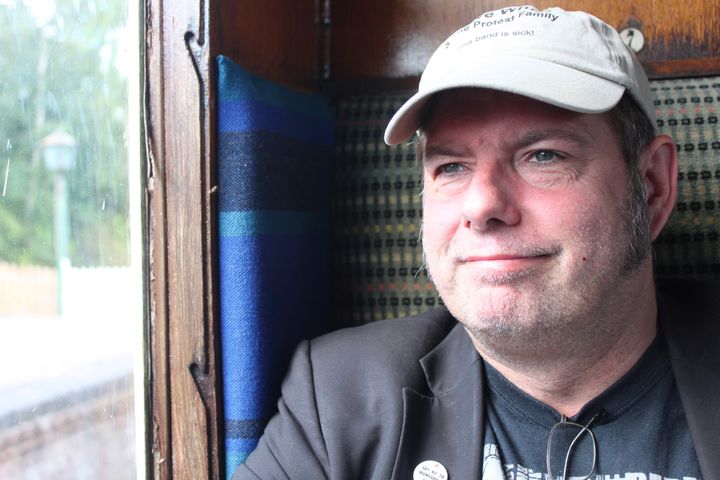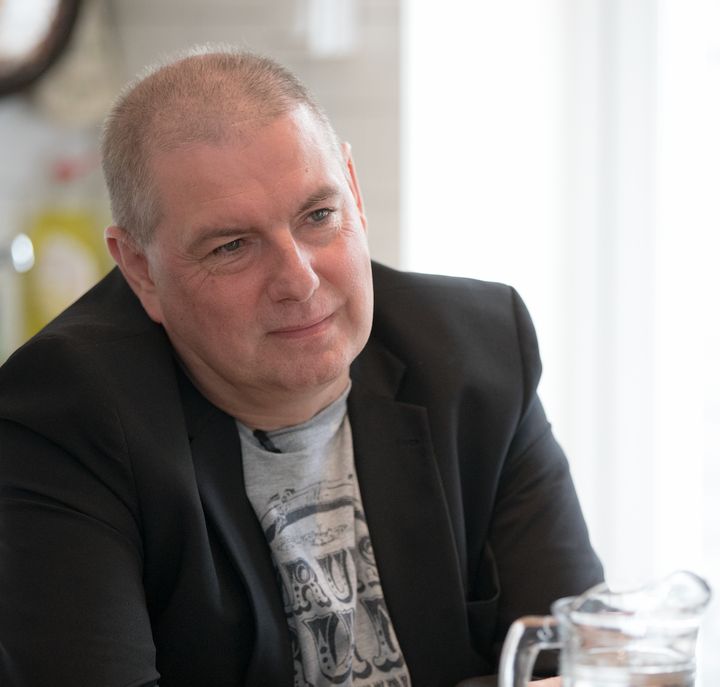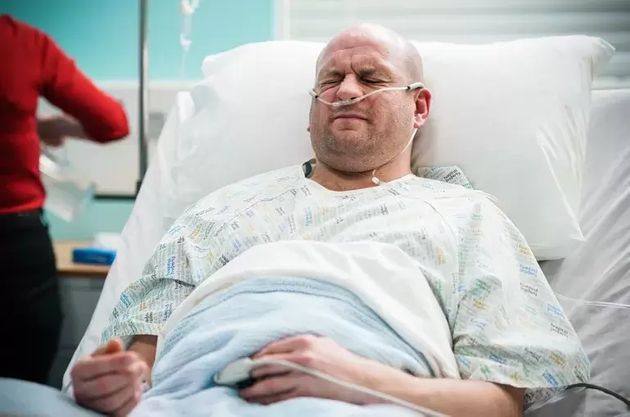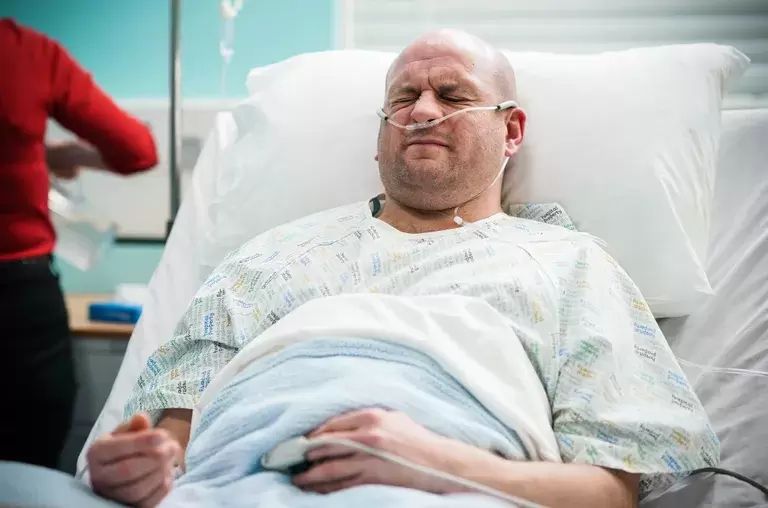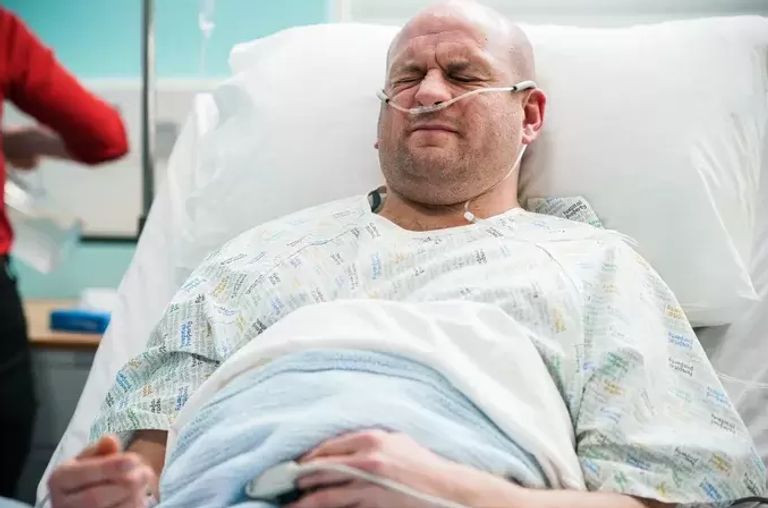
According to Recycle Nation, microplastics have been found in an array of strange places, including bees, table salt, and even bottled water so maybe it was just a matter of time until the tiny fragments were found in human bodies.
Yes, that’s right, researchers at the University of Mexico looked at testicular tissue taken from both dogs and humans, finding microplastics in every sample, with a three times higher count in humans than in dogs.
Advertisement
Aside from being just incredibly concerning as it is, this news has led to researchers questioning whether microplastics are responsible for the decline in male fertility.
The microplastics found in testicles
During the study, 12 different types of microplastics were identified and the most common one was polyethylene (PE) which is used to manufacture plastic bags and plastic bottles and is a major part of our plastic pollution problem.
The researchers couldn’t test human tissue for sperm count but they did do this for canine symptoms. There they found that higher levels of polyvinyl chloride (PVC) plastic correlated to a lower sperm count in the animals.
PVC is widely used in industrial and household products, leading researchers to worry that the plastic could be what’s causing falling sperm counts worldwide, which, according to Science Alert, have already been linked to heavy metals, pesticides and a variety of chemicals.
Advertisement
We still don’t know the full extent of what microplastics can do to the body, but they have been linked with inflammation and problems with digestion.
Is there any work towards reducing microplastics?
According to BBC Future, there is hope. The experts said: “Researchers are developing a number of approaches to help get rid of the plastic pollution in our environment. One approach has been to turn to fungi and bacteria that feed on plastic, breaking it down in the process.
“A species of beetle larvae that can devour polystyrene has also offered another potential solution. Others are looking at using water filtration techniques or chemical treatments that can remove microplastics.”




